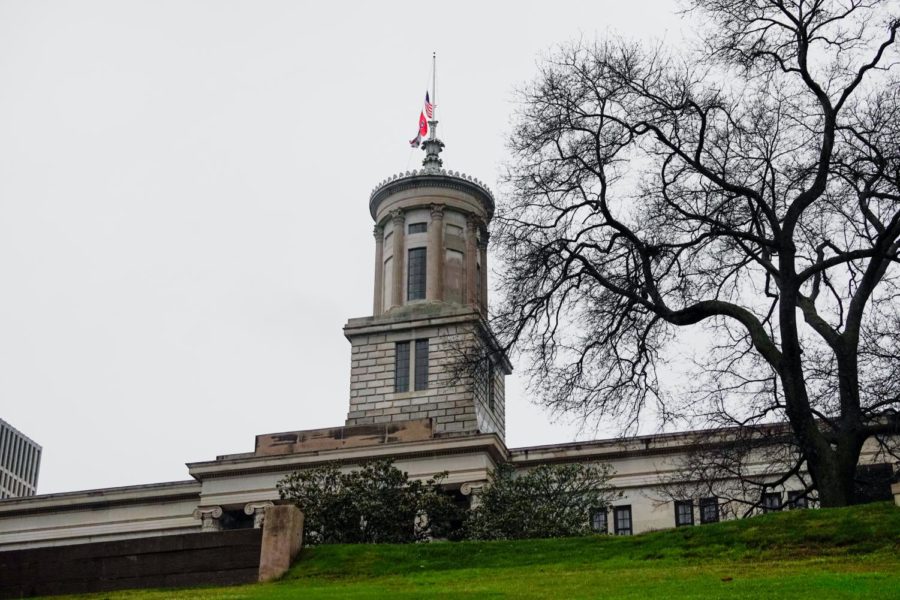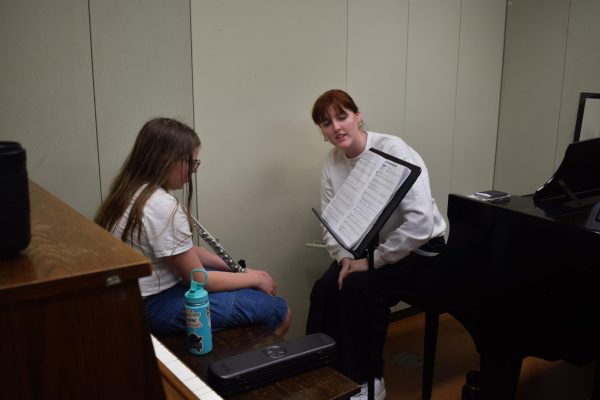Tennessee gun laws: What you need to know
Pressure mounts for the Republican supermajority to enact “red flag” laws and school safety measures following the Covenant School shooting.
The Tennessee Capitol building on a rainy day, as photographed on April 6, 2023. (Hustler Staff/Katherine Oung)
May 31, 2023
In the wake of the Covenant School shooting that killed three students and three staff members, student activists, Vanderbilt community members and elected leaders have placed renewed attention on Tennessee’s gun laws — which have become looser in recent years.
Despite a record of opposing gun control measures, Gov. Bill Lee (R) signed an executive order on April 11 strengthening Tennessee’s background check process for licensed firearm dealers. Guns can still be acquired legally in Tennessee through private sellers without a background check.
In our state, we have already been setting all records for the number of kids getting shot, mass shootings and shootings that don’t make the news. [The Covenant School shooting] is part of a bigger trend.
— Prof. Jonathan Metzl
In the EO, Lee also called for state legislators to pass a law that would give authorities the ability to take guns from people that a court deems a threat to themselves or others — often referred to as a “red flag” law. Following Lee’s April 11 EO, House Speaker Cameron Sexton (R) and Lt. Gov. Randy McNally (R) both expressed openness to considering a red flag law. However, the Delayed Bills Committee voted to not approve a red flag bill (SB 1564) that Democrats filed on April 5.
Lee also proposed a package of school safety policies and additional funding for such initiatives in the Fiscal Year 2024 budget.
According to the most recently released CDC data from 2020, Tennessee has the 10th highest rate of gun deaths in the country — 56% higher than the national average. That same year, firearms became the No. 1 cause of death for youth in the U.S. and has remained since then.
Professor Jonathan Metzl, who studies gun violence and mental health at Vanderbilt, characterized Tennessee’s gun laws as very lax. The Covenant School shooter owned seven legally purchased firearms, including an AR-15 and two handguns that were used during the shooting.
“In our state, we have already been setting all records for the number of kids getting shot, mass shootings and shootings that don't make the news,” Metzel said. “[The Covenant School shooting] is part of a bigger trend.”
On April 4, the Republican-led Tennessee Senate deferred much of the gun legislation introduced before The Covenant School shooting — regardless of whether it would loosen or restrict gun access — until 2024. The House will continue to hear these bills, but they cannot become law until at least April 2024 because the Senate would need to hear them.
Here’s what you need to know about existing gun laws in Tennessee and what new legislation is being considered.
Current gun laws in Tennessee
Tennessee legalized permitless-carry after the passage of SB 765 in July 2021. This bill allows anyone 21 years or older — as well as law enforcement officers and military personnel 18 or older — to open- or conceal-carry a handgun in public, except in schools, public parks or government buildings. Residents can also obtain an enhanced license to carry handguns to public parks and into most other states.
Under federal law, individuals seeking to purchase a firearm through a licensed seller must undergo a background check, but this policy does not apply for unlicensed sellers. Sixteen states have enacted additional “universal background check” laws, which require background checks on all gun sales, but Tennessee has not. Federal law also prohibits individuals from possessing newly-manufactured fully automatic guns.
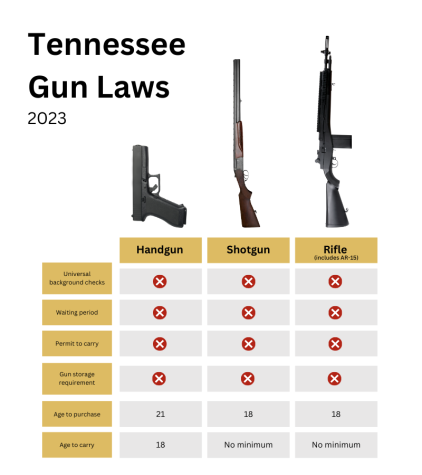
Tennessee also does not have any waiting period laws or requirements for storing unattended firearms. However, people convicted of domestic violence crimes cannot possess a firearm. SB 17, which would have provided gun safety, violence intervention and youth employment training programs, was introduced at the start of this legislative session but failed.
The age requirement in Tennessee to purchase a handgun is 21, while the minimum age to possess a handgun is 18. The minimum age to purchase a shotgun or rifle, such as an AR-15, is 18 under federal law. In Tennessee, there is no minimum age to possess a shotgun or rifle.
VUMC’s annual Child Health Poll surveys Tennessee parents with children under 18. None of the firearm policies with the greatest support from respondents in the 2023 edition — universal background checks (70.5%), red flag laws (63.6%) and requirements to store guns securely at home (60.7%) — currently exist in Tennessee. The VUMC survey also found high levels of support for school safety policies, such as routine active shooter drills (71.2%), metal detectors (69.5%) and single entry points at schools (60.6%).
Vanderbilt currently prohibits anyone except on-duty police officers from possessing firearms on campus. SB 827, which would allow college students to carry a gun on campus, failed in the Senate in March 2023.
Gun-related bills moving through legislature
Republicans have held the governorship and control of both chambers of the Tennessee General Assembly since 2011, currently occupying 100 of the 132 seats in the General Assembly. The 2023 Legislative Session is scheduled to run until May 4, but lawmakers may vote to adjourn earlier.
On April 3, Lee proposed that an additional $205 million of Tennessee state funds go toward K-12 safety and mental health programs. This proposal includes $30 million for creating a network of Homeland Security agents who specialize in school safety and $140 million for an expansion to HB 322, a bill introduced this legislative session which has passed both the House and Senate and now awaits Lee’s approval.
HB 322 would place an armed School Resource Officer at every Tennessee public school, provide funding for private schools to do the same and require all schools to submit an annual safety plan.
The Delayed Bills committee also voted against the rest of the bills filed by Democrats as part of their “gun violence prevention package,” including a ban on high-capacity magazines (SB 1565), a ban on bump stocks (SB 1566), a reinstatement of the permit requirement (SB 1568) and a universal background check requirement (SB 1568).
Three days after being reinstated to the legislature after his expulsion, Rep. Justin Jones (D) joined Sen. Charlane Oliver (D) to reintroduce many of the Democratic caucus’s gun reform proposals. Filed on April 13, the “Protect Kids not Guns Act” (House Bill 1580) awaits approval from the Delayed Bills Committee.
Several bills introduced at the beginning of the 2023 legislative session are still being considered by both the House and Senate. HB 1005 would expand gun carry laws to apply to “any firearms” rather than just handguns — for instance, open-carried long guns currently must be unloaded, but handguns can be loaded or unloaded. HB 1189, which protects gun manufacturers by limiting the circumstances that lawsuits can be brought against them, passed the House on March 9 and awaits approval from the Senate. SB 1029, which would enact gun storage requirements, has been “held on desk” as of April 5 after previously being deferred, meaning the Senate may choose to vote on it soon.
Other bills deferred by the Senate Judiciary Committee include HB 1158, which lowers the age to carry a handgun or obtain an enhanced license from 21 to 18; and HB 1202, which would arm K-12 teachers.
HB 1202 would allow faculty members with enhanced carry permits to carry concealed handgun on school grounds. Despite being paused in the Senate, the bill has successfully gone through the House committee process and will be voted on by the House on April 17.
Sophomore elementary education major Bobbi Sloan joined a group of Vanderbilt students at the April 5 hearing of HB 1202, where it passed its second committee. Sloan participates in practicum at Dan Mills Elementary School and is an afterschool worker at the University School of Nashville. She said she would feel less safe at work if her colleagues were armed.
“I want guns out of my school, and I want it yesterday,” Sloan said. “We need legislators to stop adding gasoline to the fire and claiming it’s water.”
Lee told Chalkbeat in the wake of the Uvalde shooting he would “certainly consider” a law to arm teachers. Respondents to the VUMC survey were split on the topic of arming teachers, with approximately equal percentages of respondents supporting, opposing and being undecided on doing so.
This story was originally published on The Vanderbilt Hustler on April 17, 2023.




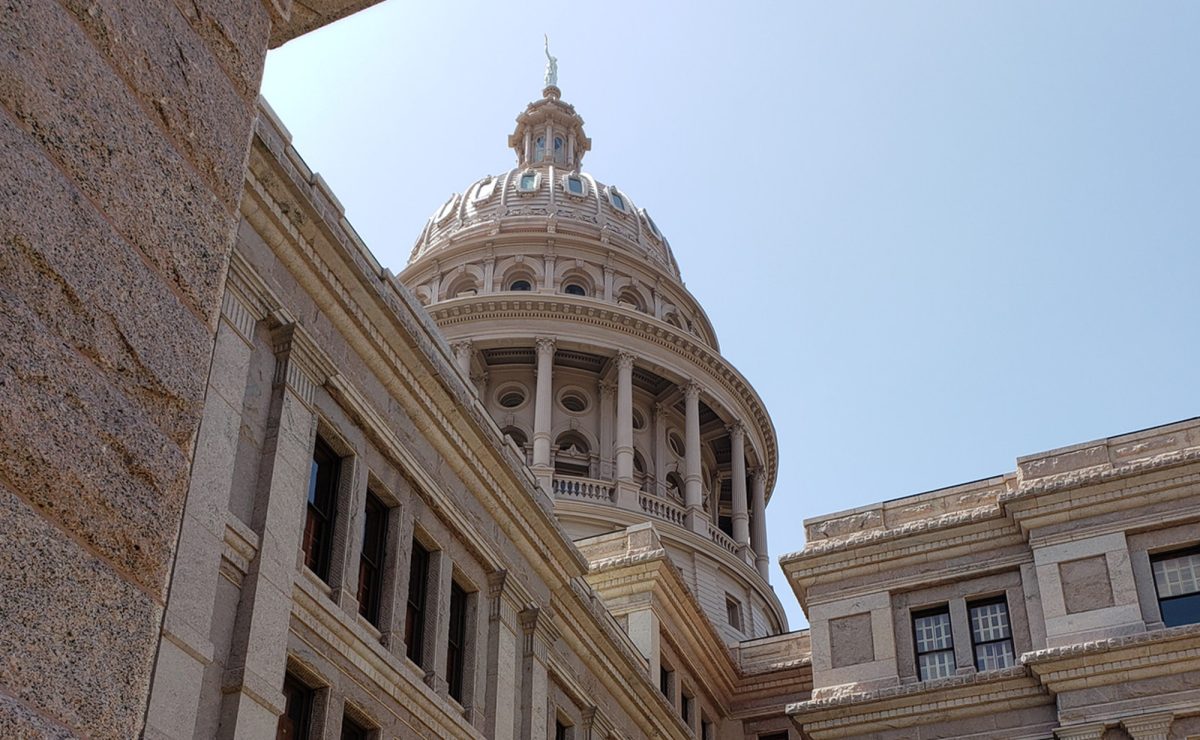





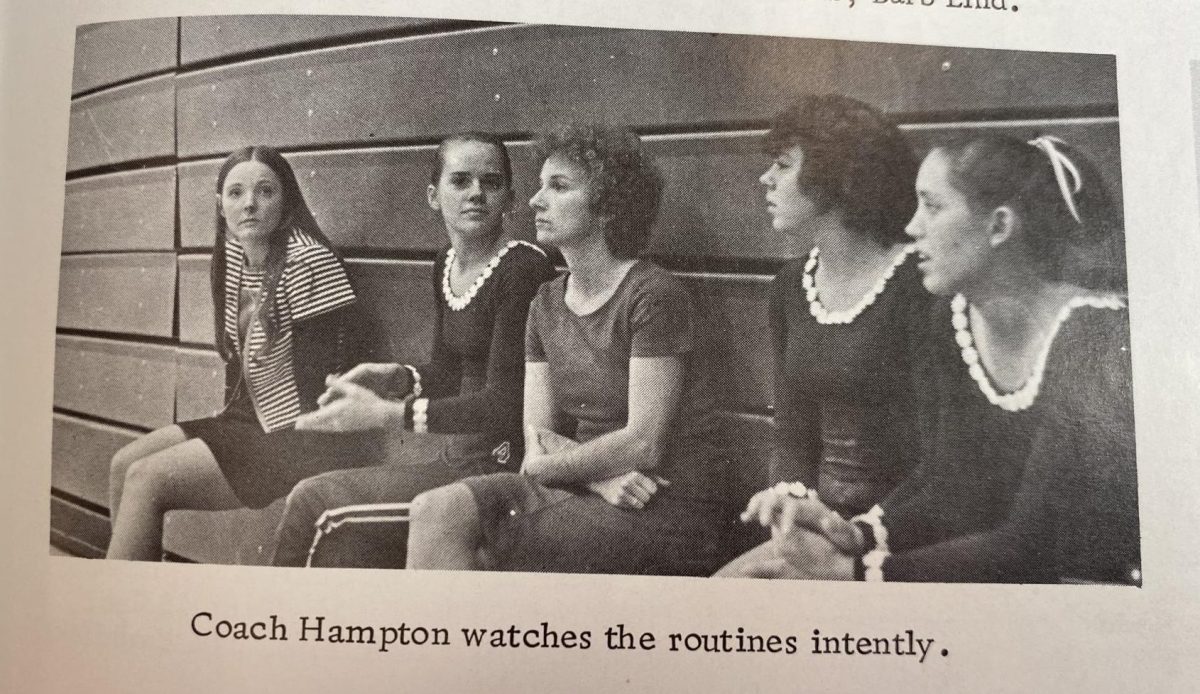







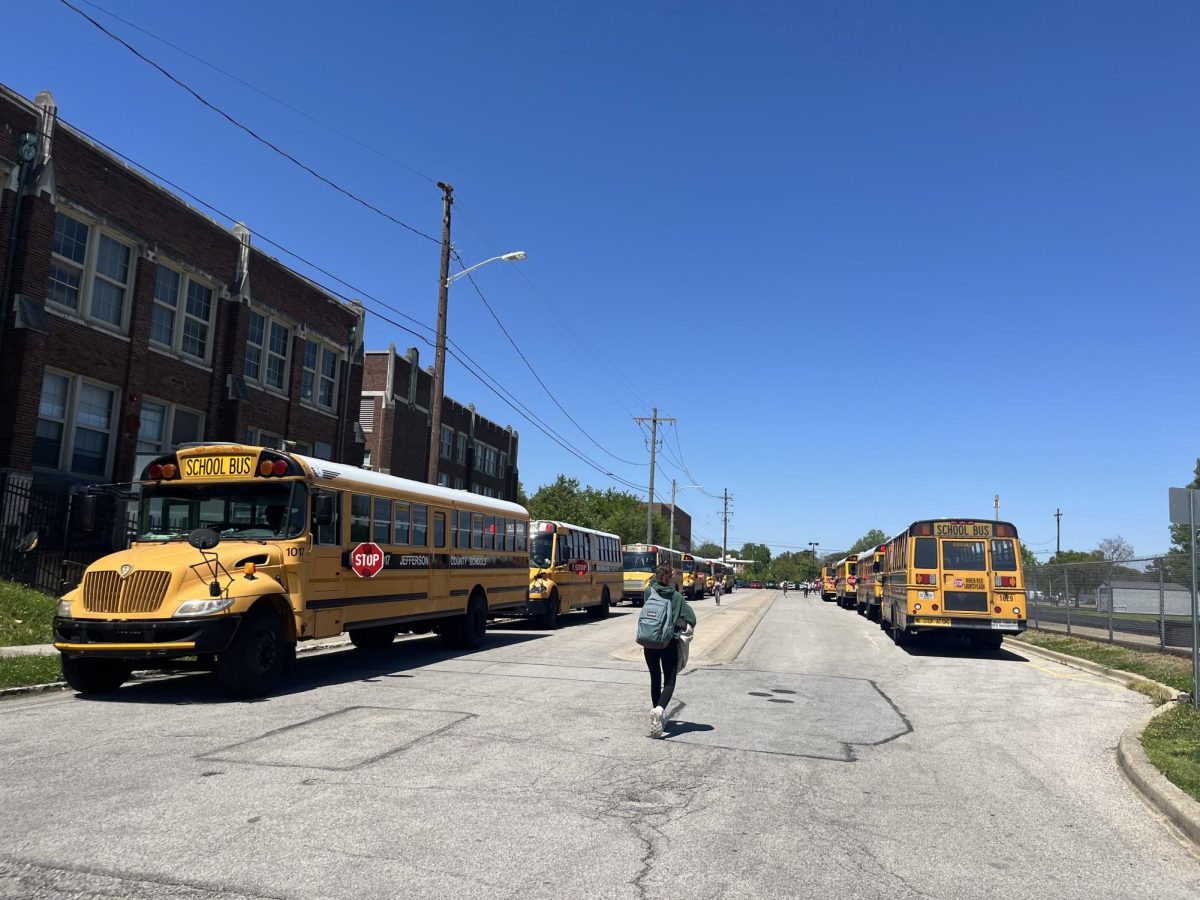












![IN THE SPOTLIGHT: Junior Zalie Mann performs “I Love to Cry at Weddings,” an ensemble piece from the fall musical Sweet Charity, to prospective students during the Fine Arts Showcase on Wednesday, Nov. 8. The showcase is a compilation of performances and demonstrations from each fine arts strand offered at McCallum. This show is put on so that prospective students can see if they are interested in joining an academy or major.
Sweet Charity originally ran the weekends of Sept. 28 and Oct. 8, but made a comeback for the Fine Arts Showcase.
“[Being at the front in the spotlight] is my favorite part of the whole dance, so I was super happy to be on stage performing and smiling at the audience,” Mann said.
Mann performed in both the musical theatre performance and dance excerpt “Ethereal,” a contemporary piece choreographed by the new dance director Terrance Carson, in the showcase. With also being a dance ambassador, Mann got to talk about what MAC dance is, her experience and answer any questions the aspiring arts majors and their parents may have.
Caption by Maya Tackett.](https://bestofsno.com/wp-content/uploads/2024/02/53321803427_47cd17fe70_o-1-1200x800.jpg)
![SPREADING THE JOY: Sophomore Chim Becker poses with sophomores Cozbi Sims and Lou Davidson while manning a table at the Hispanic Heritage treat day during lunch of Sept 28. Becker is a part of the students of color alliance, who put together the activity to raise money for their club.
“It [the stand] was really fun because McCallum has a lot of latino kids,” Becker said. “And I think it was nice that I could share the stuff that I usually just have at home with people who have never tried it before.”
Becker recognizes the importance of celebrating Hispanic heritage at Mac.
“I think its important to celebrate,” Becker said. “Because our culture is awesome and super cool, and everybody should be able to learn about other cultures of the world.”
Caption by JoJo Barnard.](https://bestofsno.com/wp-content/uploads/2024/01/53221601352_4127a81c41_o-1200x675.jpg)


